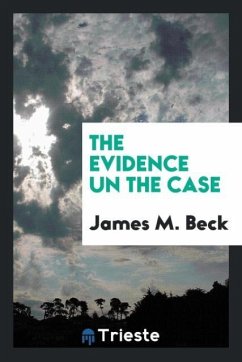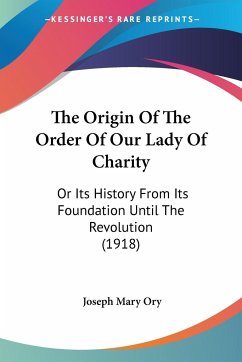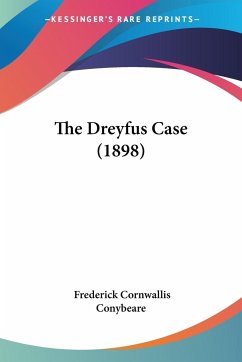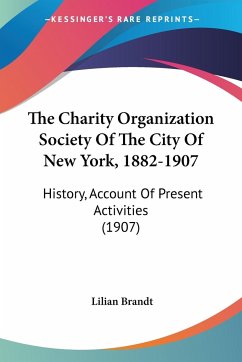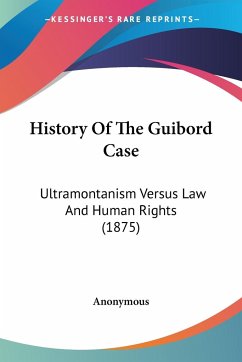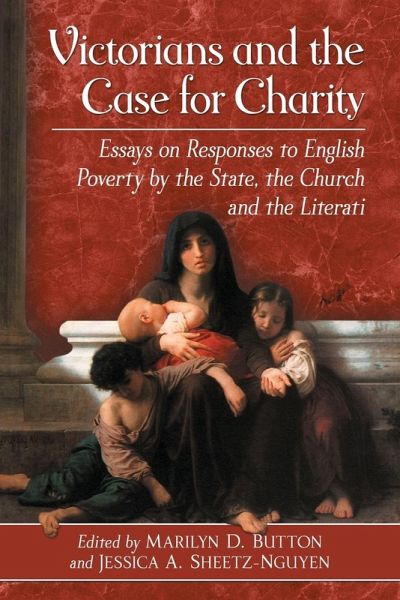
Victorians and the Case for Charity
Essays on Responses to English Poverty by the State, the Church and the Literati
Herausgeber: Button, Marilyn D.; Sheetz-Nguyen, Jessica A.
Versandkostenfrei!
Versandfertig in 1-2 Wochen
45,99 €
inkl. MwSt.

PAYBACK Punkte
23 °P sammeln!
This collection of all new essays seeks to answer a series of questions surrounding the Victorian response to poverty in Britain. In short, what did various layers of society say the poor deserved and what did they do to help them? The work is organized against the backdrop of the 1834 New Poor Laws, recognizing that poverty garnered considerable attention in England because of its pervasive and painful presence. Each essay examines a different initiative to help the poor. Taking an historical tack, the essayists begin with the royal perspective and move into the responses of Church of England...
This collection of all new essays seeks to answer a series of questions surrounding the Victorian response to poverty in Britain. In short, what did various layers of society say the poor deserved and what did they do to help them? The work is organized against the backdrop of the 1834 New Poor Laws, recognizing that poverty garnered considerable attention in England because of its pervasive and painful presence. Each essay examines a different initiative to help the poor. Taking an historical tack, the essayists begin with the royal perspective and move into the responses of Church of England members, Evangelicals, and Roman Catholics; the social engagement of the literati is discussed as well. This collection reflects the real, monetary, spiritual and emotional investments of individuals, public institutions, private charities, and religious groups who struggled to address the needs of the poor.







